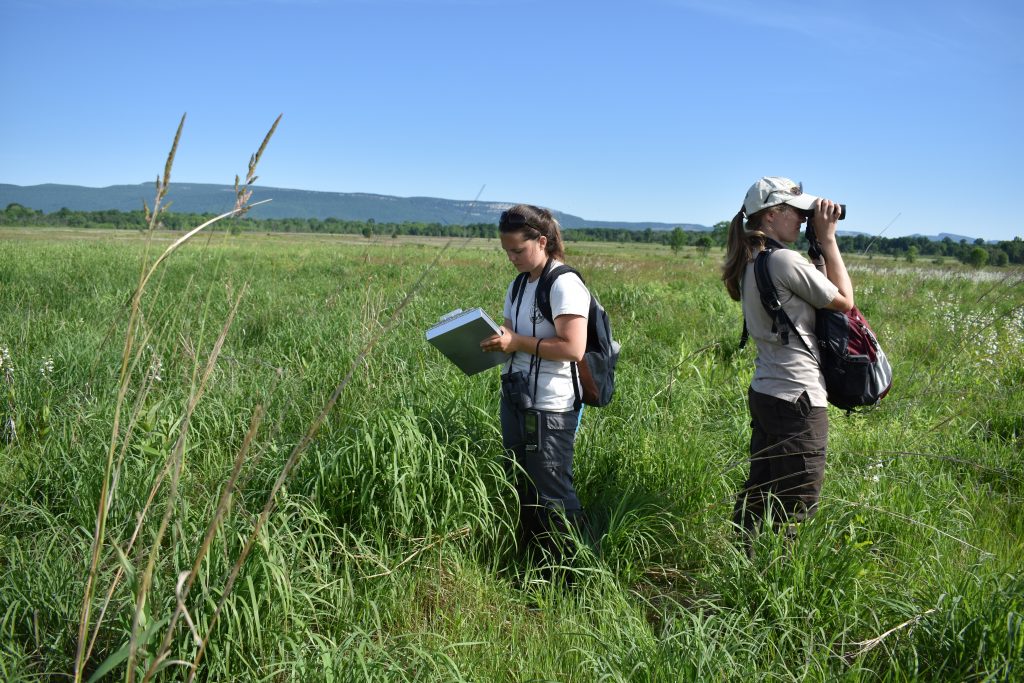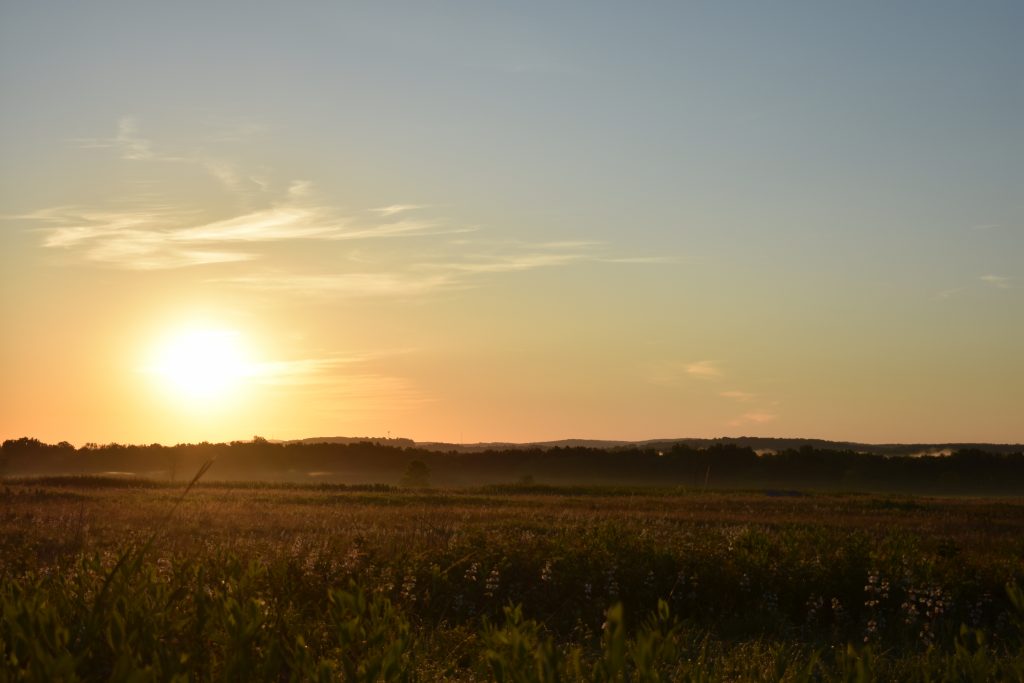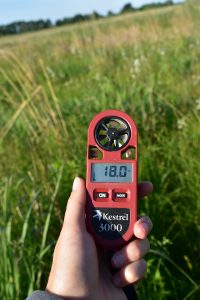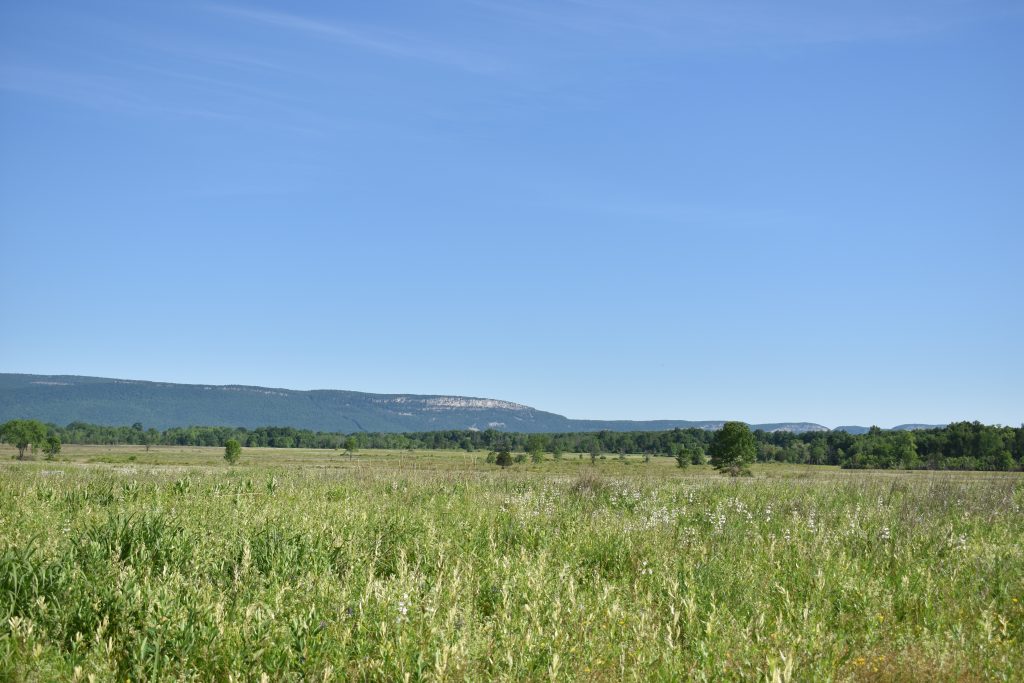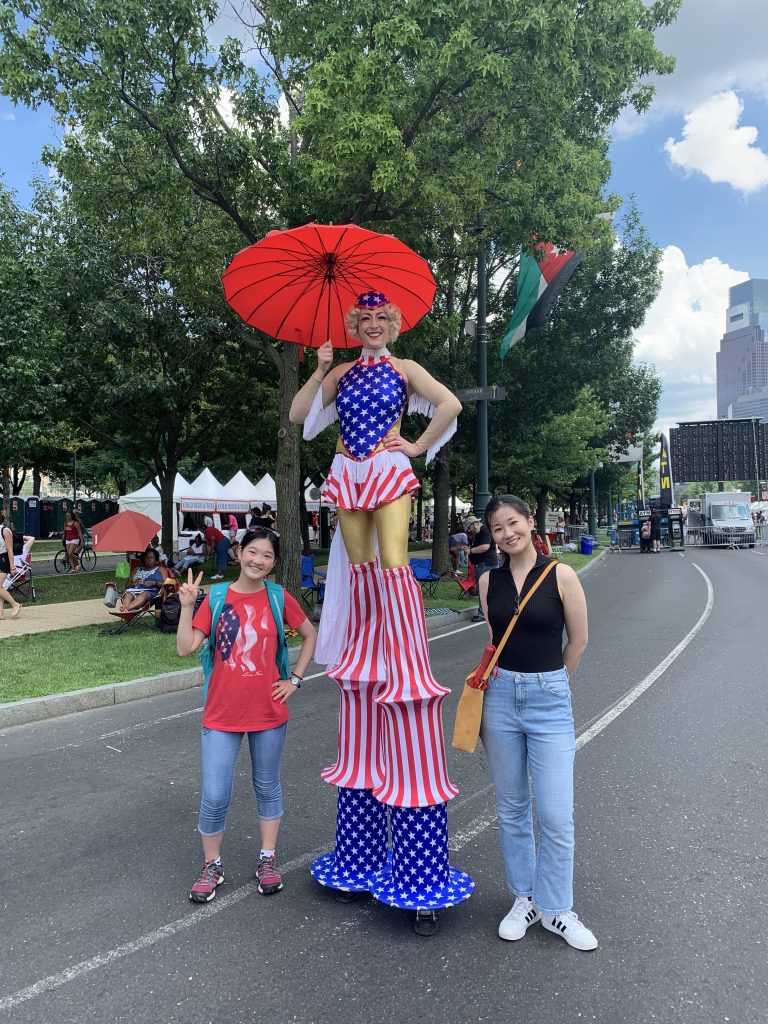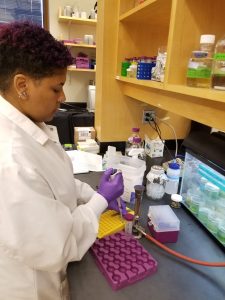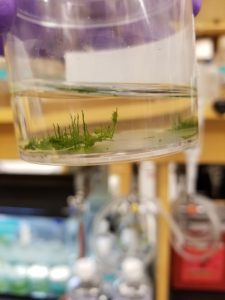Name: Vinny Ong
Class Year: 2022
Major: Undeclared (but anticipating Linguistics major, math minor)
Hometown: Edison, N.J.
Internship Organization: LITS: Building Digital Resources for the Revitalization of an Endangered Indigenous Language
Job Title: Linguistics Intern
Location: Canaday Library
What’s happening at your internship?
There are three main tasks we’ve been assigned as a team: developing a website that makes learning materials and resources for the language more accessible for a specific community, creating morphology slides that showcases how words are formed linguistically, and creating a resource for our client so that they will be able to analyze texts with ease and gain statistical data to supplement their research. I am currently working on the latter two projects, so what that currently means for me is that I am learning how to make the morphological taxonomy we have created functional by using D3 to develop the animations. In terms of the last task, I am currently learning R to create the program our client wants for research purposes.
Why did you apply for this internship?
I applied for this internship because linguistics is something that I am passionate about, and I thought it would be a good opportunity to explore different fields within it as I’d consider doing similar work post-grad. Additionally, this project allows me to become more aware of sociolinguistic issues, and to hands-on tackle linguistic discrimination, language endangerment, and provide some degree of social justice for the community we are working with (that has decided to remain confidential for various reasons) to the best of our abilities.
Can you talk about the skills you are learning and why they are important to you?
I’m learning a lot about coding and team building with other student interns, as well as with clients in a more professional setting. The programming aspect of the project has made me realize how important having computer science skills are because it can be involved in a bunch of other fields to some degree even if they might not seem that related at first glance. Team building and collaborating has been very important for me because I know that working on a team is something I would be doing for the rest of my life — whether that’s in work, schoolwork, or other extracurricular activities.
What has been the biggest challenge you have faced at your internship?
Ironically, what has been one of the most important skills I have been learning is simultaneously the biggest challenge I am currently still trying to overcome. I have had very minimal coding experiences in high school, so going into a project that is very reliant on digital skills and programming has been difficult for me. Fortunately we have been generously given time to learn programming languages like R independently, so that we can work on completing the tasks we have been assigned. It has been very rewarding to actively learn something like this and then apply it in a way that will benefit a community.

